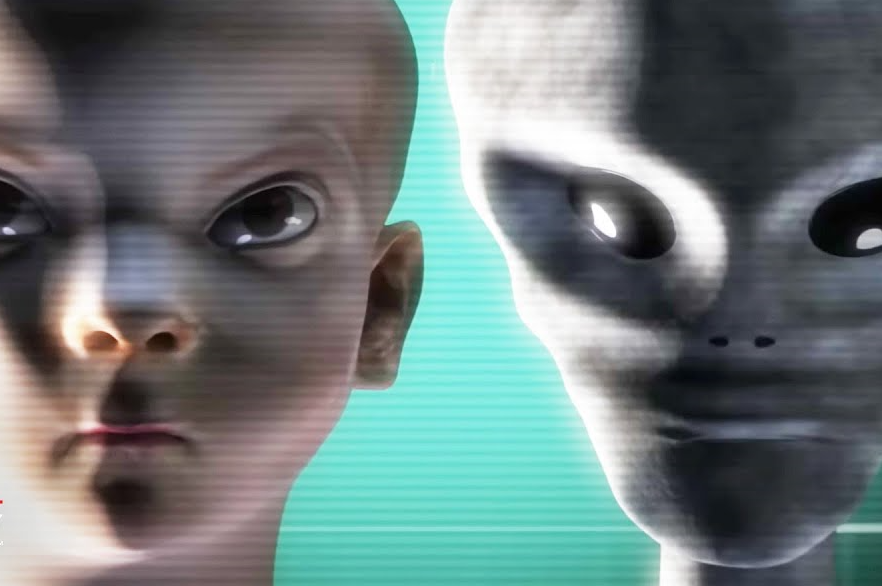
Oxford Study Proposes Surprising Similarities with Earthly Organisms
University of Oxford explores the intriguing possibility that extraterrestrial life, if it exists, might be more similar to life on Earth than previously thought. The central idea challenges traditional assumptions about the potential characteristics of alien life forms. The article delves into the concept of "convergent evolution," suggesting that certain biological traits and features may be universal and independently evolve on different planets with suitable conditions.
Drawing on the principles of natural selection, the article posits that the basic building blocks of life, such as DNA, could be a common occurrence throughout the universe. It examines the evolution of life on Earth as a reference point, emphasizing the repeated emergence of similar features in unrelated species due to environmental pressures and the optimization of survival strategies.
By considering the factors that lead to the development of certain traits on Earth, the researchers propose that the same underlying principles could drive the evolution of life elsewhere in the cosmos. The article emphasizes the importance of looking beyond Earth-centric assumptions and broadening our understanding of the potential diversity of extraterrestrial life.
In essence, the Oxford study challenges preconceived notions about the exotic nature of potential alien life forms and suggests that, in a fascinating twist, they may share more similarities with Earthly organisms than previously imagined. The implications of such a perspective extend beyond the realm of astrobiology, sparking new avenues of inquiry and contemplation regarding the nature of life in the universe.
Read full story: https://www.ox.ac.uk/news/2017-10-31-aliens-may-be-more-us-we-think



